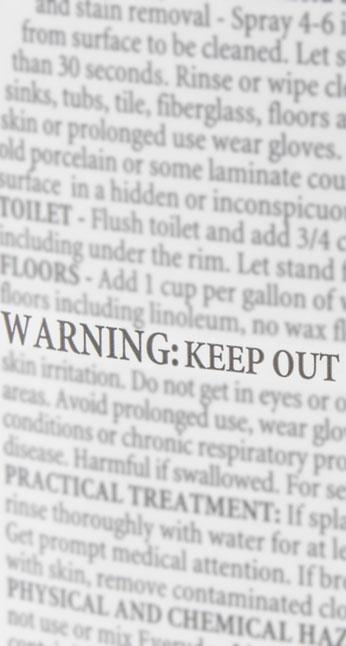The APSI Databank
The APSI databank is a cloud-based relational database which will be derived from calls logged by poisons specialists in the four Australian Poisons Information Centres (PICs) during routine clinical operations.

Poisoning Data Collection
Poisons information specialists answer calls from the public and healthcare professionals in all Australian states and territories and provide advice on management of poisoning. The PICs collect data on each call, which is entered in real-time into a purpose-built relational database. Variables include basic demographics (age, sex, postcode), exposure details (substance, dose, time, intent), details of clinical features and advice provided. Data captured in the APSI databank is a de-identified extract of the clinical record.
The APSI databank captures the broad range of poisoning calls including: accidential exposures, dosing errors, deliberate exposures, recreational poisoning, adverse drug reactions, workplace chemical exposures and envenomations.
benefits of APSI data
Once fully operational, the APSI databank will consist of near-instantaneous feeds of a standardised de-identified national minimum poisoning dataset from each PIC. These data are the best source of general poisoning information in Australia as no government programs conduct regular toxicovigilance activities in the general population.
We will collect accurate substance level information, with pharmaceuticals coded using WHODrug, non-pharmaceutical exposures and illicit substances coded using our own bespoke list (available on the ARDC Research Vocabularies page). These lists were chosen by our multi-diciplinary team to ensure we best capture accurate data on substances causing poisoning in Australia.
For more information about the data and the databank please see the metadata record on the Sydney eScholarship repository.


